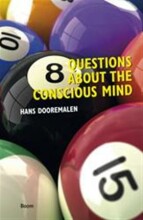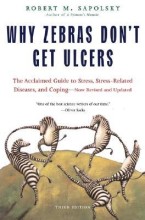Question 5; Is the conscious mind part of the brain?
22 important questions on Question 5; Is the conscious mind part of the brain?
What is the Star Trek Assumption?
What do identity theorists argue?
What is a qualitative identity?
- Higher grades + faster learning
- Never study anything twice
- 100% sure, 100% understanding
What is the Leibniz Law?
Why is Leibniz law important?
When is a statement necessarily true?
When is a statement contingently true?
What is a rigid designator?
What do the identity theorists mean with ''certain'' being adde to the mind brain identity claim?
When can a property be ontologically reduced to the previous level?
What happens when mental states can be ontologically reduced into certijn brain states?
What is people's false intuition when a mental state with brain state is reduced to a lower level.
What is the token identity theory?
Why is the question whether mental states can be reduced to certain brain states an empirical question?
What are a-delta fibers?
What is the first implication of this pain process?
What is the second implication of this pain process?
What are the neural correlates of pain?
What is the principle of parsimony/Ockham's razor?
What did Smart say about Ockham's principle?
What are differentiation properties?
In which case do we not accept differentiating properties in the mind-body case?
The question on the page originate from the summary of the following study material:
- A unique study and practice tool
- Never study anything twice again
- Get the grades you hope for
- 100% sure, 100% understanding































